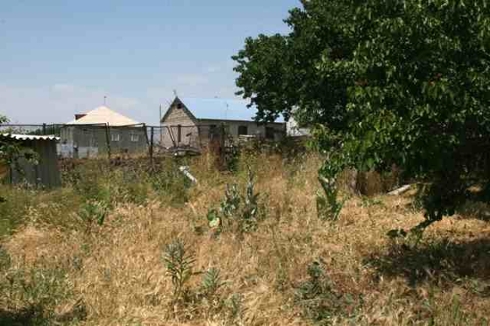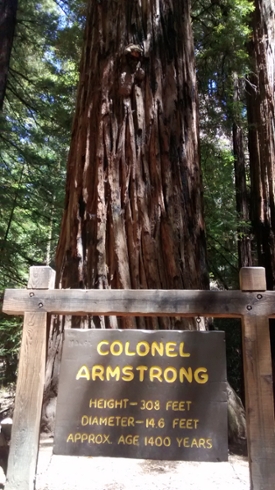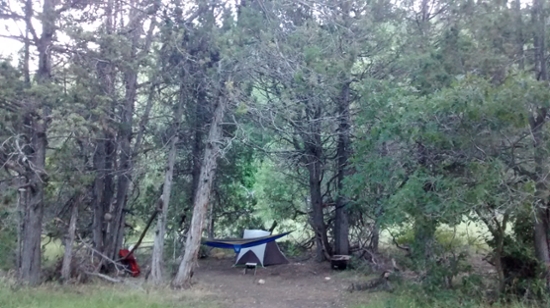Tags
"poetry"
Presidents Summer Fellowship, Connecting to Armenian Artists Part 3, Knar Hovakimyan

Let's talk translation.
I was really surprised to find that the most difficult part of the translation process was reading the poems. This task seemed easiest at first, but when I actually set out to produce a literal translation of a poem, I found myself completely lost. For a while I thought that my Armenian language skills were just not up to par, but I soon realized that the difficulty was not in understanding the meaning of the words, but uncovering their role within the line and within the whole poem. I had to think deeply about what the author of the poem intended with each word since soon I would become the author of the translation, and ideally I would have the same intentions. So the first step was deep reading and analysis to produce a literal translation.
Continue reading Presidents Summer Fellowship, Connecting to Armenian Artists Part 3, Knar Hovakimyan
Presidents Summer Fellowship, Rediscovery and Writing in the Desert Part 3, Nathan Martin

Colonel Armstrong Tree
Nate Martin '16, English Literature, is a President's Summer Fellow on a trip through the American Southwest with the goal of rewriting his connection to poetry by visiting areas where he first established that connection.
It was one of the last nights of my trip and I was in northern California, looking for a place to sleep. I googled "campgrounds" and after rejecting a bunch of RV parks that came up, I found Bullfrog Pond Campground. It seemed remote and also near, so I set the google directions to it from my phone and headed there.
I turned off I-5, onto a winding river road through small communities. This ended in a small town where I turned onto a smaller road. This road ended at a park entrance. The sign said "Armstrong Redwoods State Natural Reserve." I was immediately ecstatic, as the coastal redwoods were the final thing I really wanted to see on this trip. I've wanted to see them since I first learned they existed, more than a decade ago.
Continue reading Presidents Summer Fellowship, Rediscovery and Writing in the Desert Part 3, Nathan Martin
President's Summer Fellowship 2015: Nathan Martin - Part 2

My gloriously lazy hammock camp on a backpacking trip in Bryce Canyon - Riggs Spring Loop Trail.
Nate Martin '16, English Literature, is a President's Summer Fellow on a trip through the American Southwest with the goal of rewriting his connection to poetry by visiting areas where he first established that connection.
I was thinking about Sylvia Plath. I was reading The Colossus, and briefly read a poem called “Mushrooms.” I didn't like it much, and I started to wonder why. Why did Plath like it enough to include it in her collection? Does anyone like it? What makes one poem better than another? Why is one good, and another bad? Is it just relative, subjective? Is it about connections? Complexity? Simplicity? My mildly negative reaction to one poem brought me to questions about aesthetics, and, as sometimes happens when questions are piled up, I came up with some answers. But first I decided to try to write a really bad poem. Here it is:
This tree is like my heart.
Continue reading President's Summer Fellowship 2015: Nathan Martin - Part 2
Presidents Summer Fellowship, Connecting to Armenian Artists Part 2, Knar Hovakimyan

Working on the ground in Armenia, President’s Summer Fellow Knar Hovakimyan ’16, linguistics major, seeks to introduce Armenian literature to English-speaking communities through poetry translation.
I just finished unpacking back home in LA. When I opened my suitcase, I was greeted by the faint smell of khorovats (Armenian barbecue) in my clothes: the pants that I wore to harvest apricots at my uncle's, the sweater I wore to Lake Sevan on a stormy day. I removed the large number of books I had managed to fit in my suitcase: I remembered discussions with poets at different cafes, afternoons I spent scouring through several volumes to pick which poems I wanted to translate, the look of the books scattered across our apartment all month. My sunscreen spilled all over everything; I had completely neglected to use it on our sightseeing side-trip to Khor Virap, Noravank, Tatev and Karahunj. My purse was crushed way at the bottom of the suitcase, water-stained from the day strangers poured three buckets of water on my head in celebration of Vardavar.

Continue reading Presidents Summer Fellowship, Connecting to Armenian Artists Part 2, Knar Hovakimyan
Presidents Summer Fellowship, Connecting to Armenian Artists, Knar Hovakimyan

Working on the ground in Armenia, President’s Summer Fellow Knar Hovakimyan ’16, linguistics major, seeks to introduce Armenian literature to English-speaking communities through poetry translation
I spent a month at home panicking over how I would get in touch with poets, adjust to their schedules, and meet them each a couple times in Armenia. When I got to Armenia, I quickly realized that I was going about things the American way – here, it is not necessary to make plans weeks in advance, confirm, reschedule... You can just show up at someone's house and they'll have a table set in five minutes. My first day here I made a phone call to a poet, Tigran Paskevichyan; after introductions we arranged to meet later that same day at Artbridge, a cafe he frequents. The entire encounter felt like a scene from a movie. The waiter brought out the poet's usual Armenian coffee, which Paskevichyan enjoyed with a cigarette as we talked about my project; we discussed his influences ranging from Daniil Kharms to Saul Leiter and his intentions behind specific poems – before I left home, I was worried about how far my Armenian language skills would take me, but luckily, I managed to keep up the conversation. With a signed copy of his book in hand and some new poems to work on, I embarked on the hectic week ahead of me.

